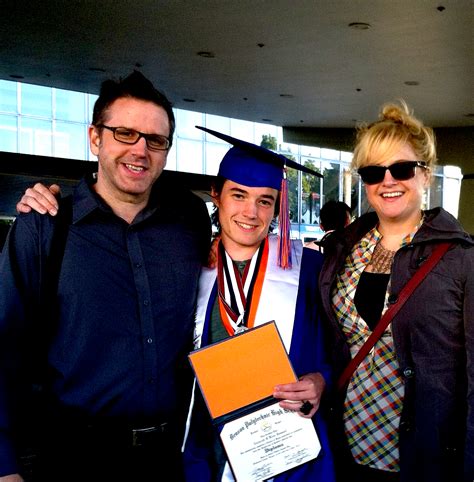A Quote by Kevin Sampsell
I have a very positive outlook on things. It's hard to predict how actual books are going to do but I'm not freaked out about ebooks taking over. I think there are probably more active readers now because of computers and iPhones.
Related Quotes
More and more, and especially over the last two decades, we've found out how many conspiracies there actually are. We really don't know the exact truth about a lot of things. We know there are big things going on involving huge companies and industries, whether it's money involved or oil or things in their own country, but there are personal interests at play and it's a very well woven network that's hard to break down. Sometimes it is hard, for us, to know who is telling the truth.
I've done four records now, and your idea of what it's going to be for that record is never what it ends up being, so there's cynicism in my outlook but there's also some positive outlook in it, like, "I can't really control anything outside of what it is that I do, so I'm going to do my very best and put my best foot forward in everything that I do." The music and whatever else comes outside of that, if something great comes out of it, awesome, if not, I'm going to make another record and another one after that. That's really all I can do.
Successful people are usually more lively than those who are unsuccessful. The quickening of the spirit they feel comes out of their creativity, and success detaches them from the more rigid outlook on life - it puts them in the flow. So the shakers and movers, by their very nature, are moving faster, taking more risks, and investing more in the world than their less active counterparts.
Science fiction does not attempt to predict. It extrapolates. It just says, "What if?" not what will be? Because you can never predict what will happen, particularly in politics and economics. You can to some extent predict in the technological sphere - flying, space travel, but even there we missed badly on some things, like computers. No one imagined the incredible impact of computers, even though robot brains of various kinds but the idea that one day every house would have a computer in every room and that one day we'd have computers built into our clothing, nobody ever thought of that.






































